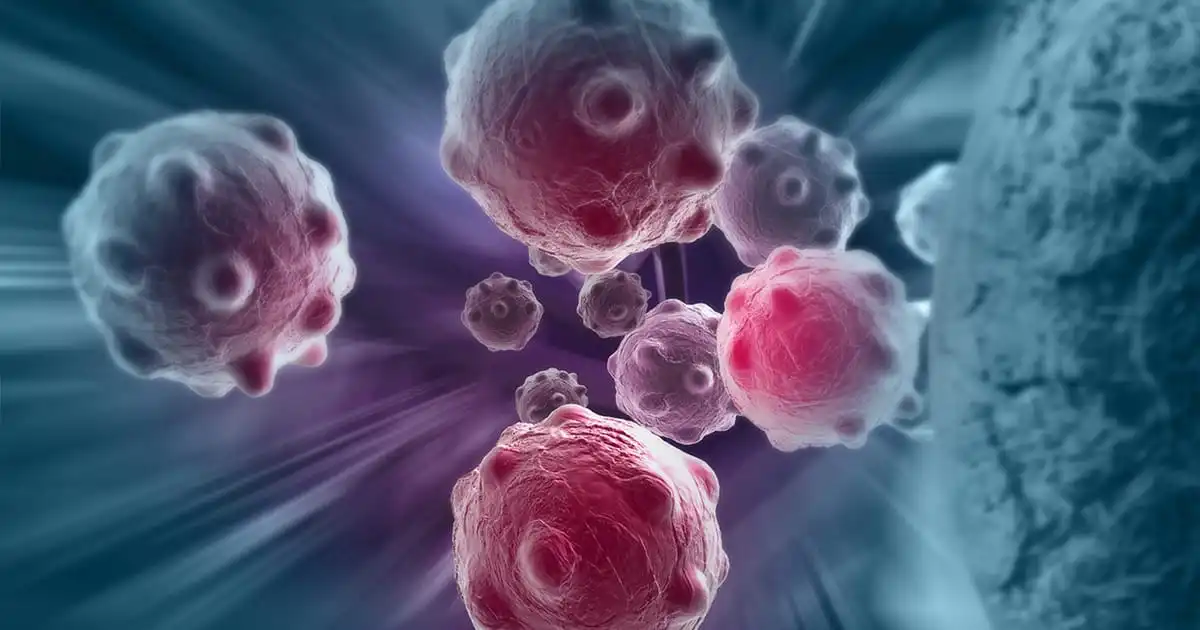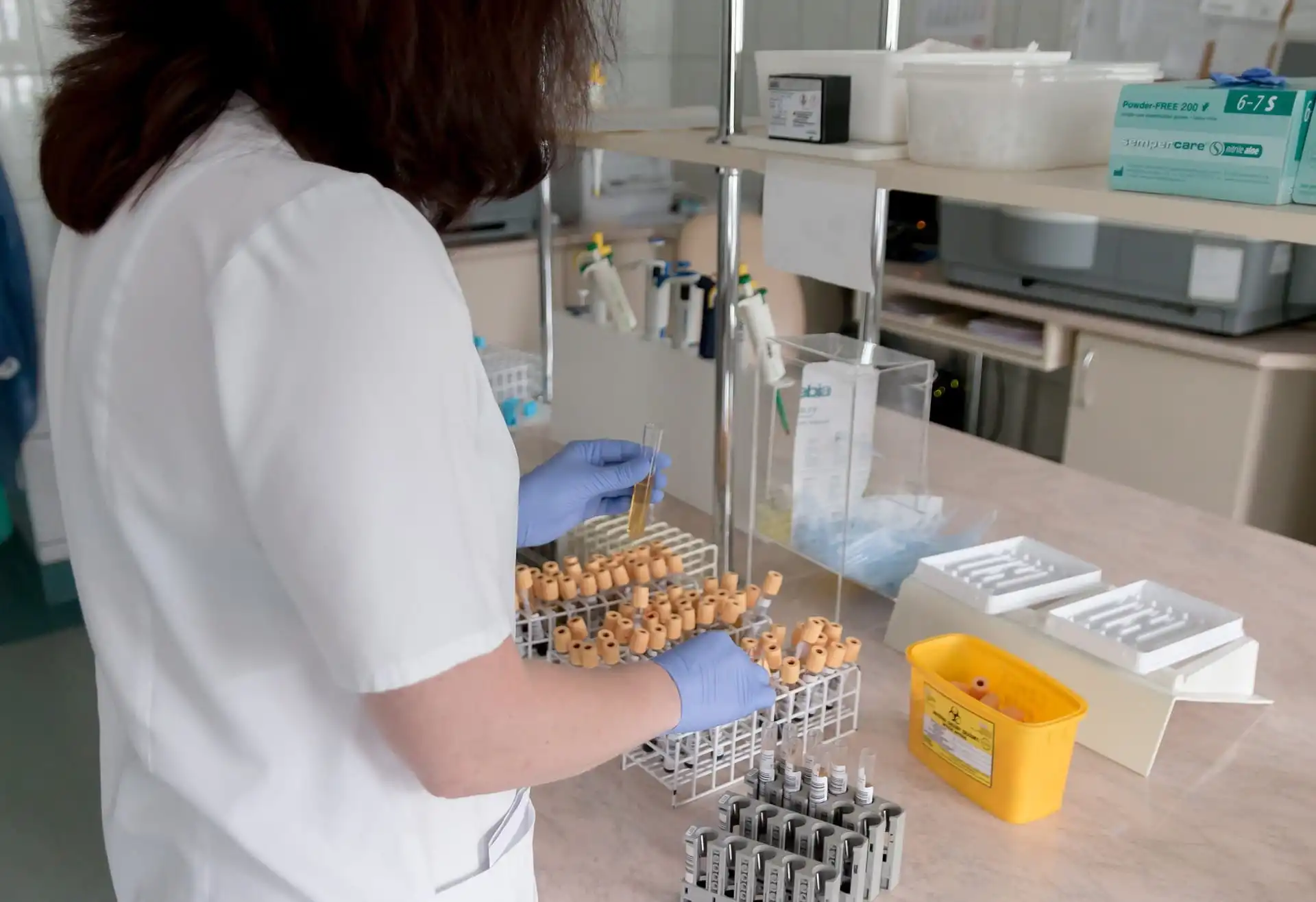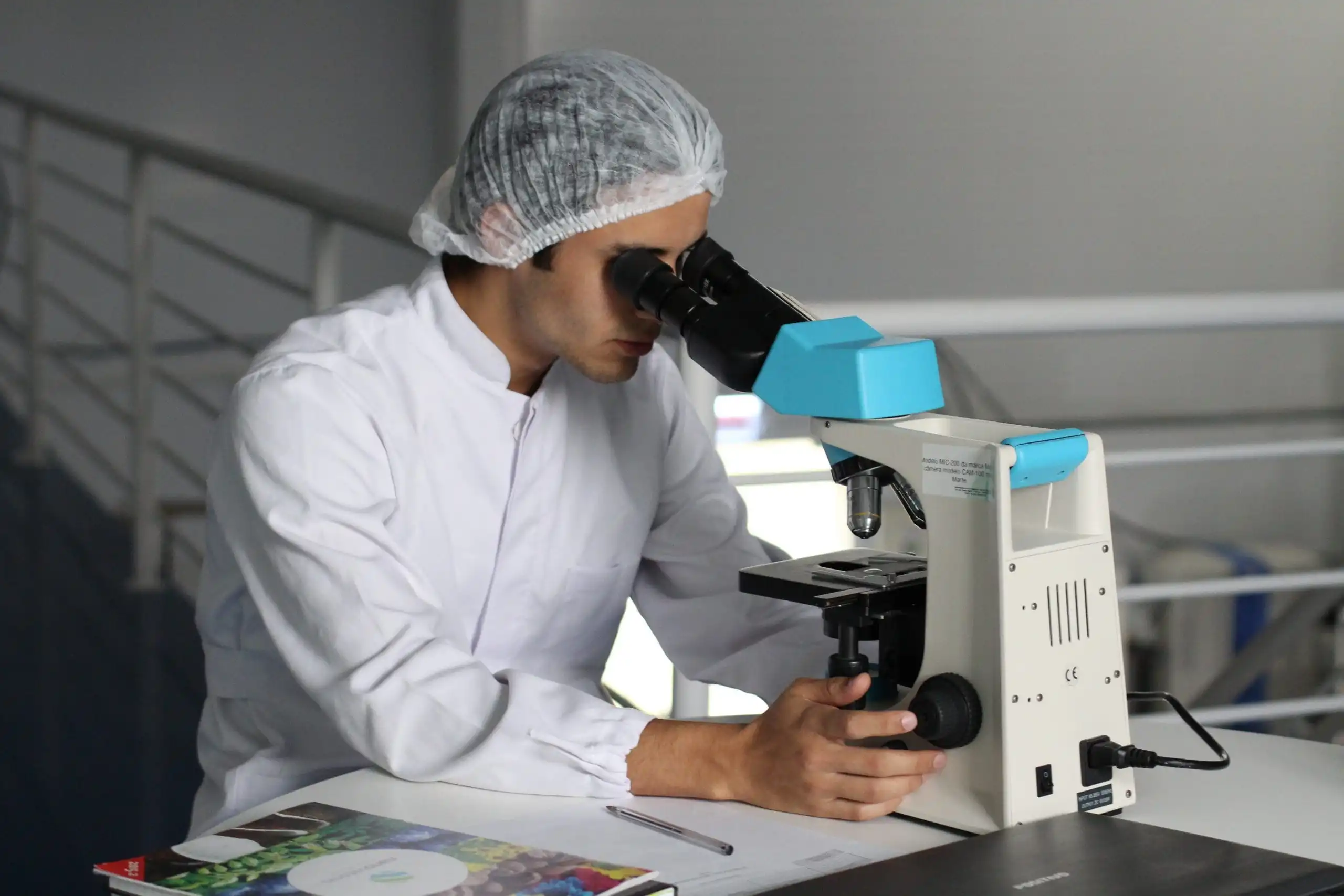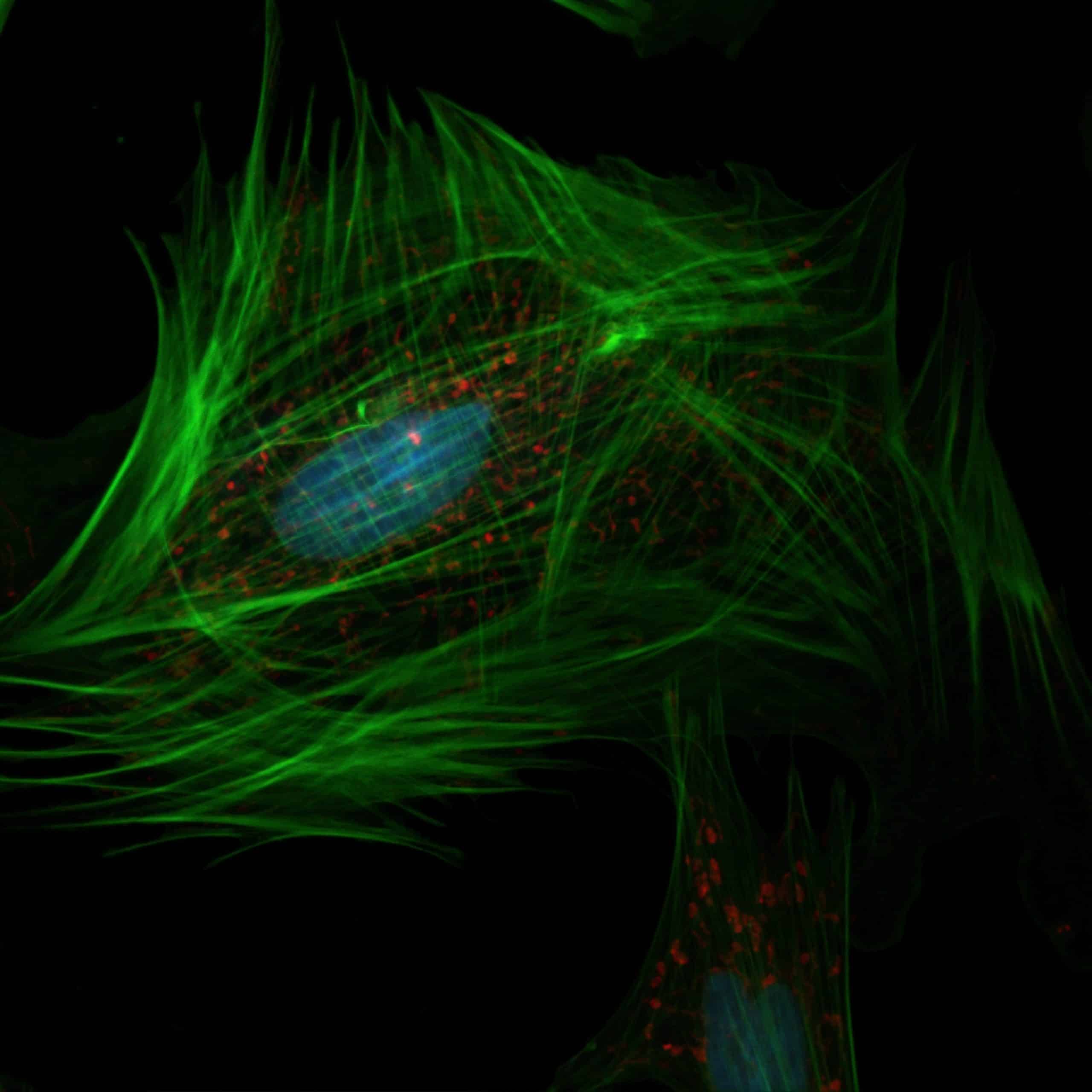
Photo by simon peel
Chenodeoxycholic acid, often referred to by its abbreviation CDCA, is a naturally occurring bile acid. Bile acids, in general, are critical substances produced in the liver and stored in the gallbladder. They play a fundamental role in the digestion and absorption of fats and fat-soluble vitamins in the intestine. But the story of CDCA goes beyond mere digestion; it has emerged as a remarkable molecule in both clinical and research settings. This article aims to delve into the significance, therapeutic applications, and potential of CDCA.
Natural Occurrence and Function
CDCA is one of the primary bile acids synthesized in the human liver from cholesterol. This transformation is part of the body’s strategy to eliminate excess cholesterol. Once produced, CDCA, like other bile acids, is secreted into the bile and stored in the gallbladder. When we consume fats, the gallbladder contracts, releasing bile into the small intestine. Here, CDCA aids in the emulsification of dietary fats, making them easier to digest.
Want to buy GMP API pharmaceutical ingredients ?
MedicaPharma ensures access to GMP active pharmaceutical ingredients across multiple resilient global supply chains. Click here to view a full GMP API product list.
MedicaPharma is capable of supplying all GMP materials needed; our experience with sourcing materials that are difficult to obtain makes us the ultimate choice; just challenge us, we will find any material you need.
Add your Chemical Name below and click GO
Table of Contents
2. Therapeutic Applications
- Gallstone dissolution
One of the most widely recognized uses of CDCA is in the treatment of cholesterol gallstones. Not all gallstones are amenable to dissolution therapy, but for those composed primarily of cholesterol, CDCA can be a game-changer. By suppressing hepatic cholesterol synthesis and secretion and by inhibiting intestinal absorption of cholesterol, CDCA reduces the cholesterol saturation in bile. Over time, this can lead to the dissolution of the cholesterol-rich gallstones.
- Primary Biliary Cholangitis (PBC)
PBC is a chronic liver disease characterized by the progressive destruction of the bile ducts. CDCA has been employed as a first-line treatment for PBC for many years. It works by protecting liver cells from the toxic effects of accumulated bile and reducing the inflammatory response. Numerous studies have shown that CDCA can improve liver function tests in PBC patients and potentially slow disease progression.
3. Potential Applications and Research Frontiers
Recent scientific explorations have begun to uncover the wider physiological and pathophysiological roles of CDCA. Its potential goes beyond the realms of the liver and gallbladder.
- Metabolic effects
There’s growing evidence suggesting that bile acids, including CDCA, influence metabolic processes. They can act as signaling molecules, affecting insulin sensitivity, glucose metabolism, and even energy expenditure. CDCA’s potential role in metabolic disorders, like type 2 diabetes, is an exciting area of ongoing research.
- Neuroprotective effects
Emerging studies hint at the potential neuroprotective role of CDCA. Its ability to modulate certain cellular pathways might offer protection against neurodegenerative diseases, such as Alzheimer’s and Parkinson’s. However, this is still a nascent area of research, and further investigations are required.
- Influence on the gut microbiota
Our gut is home to trillions of microorganisms that play a critical role in health and disease. Bile acids, including CDCA, can influence the composition and function of the gut microbiota. Understanding these interactions may pave the way for novel therapeutic strategies for various gut-related and systemic conditions.
4. Safety and Considerations
Like all therapeutic agents, the use of CDCA is not devoid of side effects. Common side effects can include diarrhea, stomach pain, and itching. It’s essential to use this compound under the supervision of a healthcare professional, especially considering its potent effects on liver function and metabolism.
Where to Buy GMP-Grade CDCA
MedicaPharma is an EU-based API supplier and distributor that leverages relationships with the world’s leading manufacturers to provide clients and partners with high-quality GMP-certified APIs and raw materials. Click here for a product list.
Conclusion
Chenodeoxycholic acid is a testament to how molecules with humble origins – in this case, a bile acid aiding in digestion – can have broad-reaching impacts on health and disease. From treating gallstones and liver diseases to its potential in metabolic and neurological disorders, CDCA’s journey in the scientific and medical world is one of discovery and promise. As research continues to unfold its myriad roles and applications, CDCA stands as a beacon of nature’s capacity to heal and protect.


















